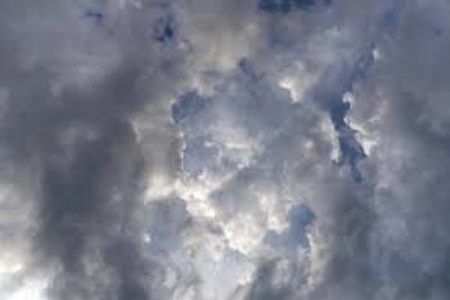[by Vincenzo Valenzi, Madan Thangavelu] The ongoing COVID-19 crisis and its particularly high severity in the industrial areas as Po Valley in Northern Italy and Whuan region in China offers several lessons or modern medical practice and education. The critical comparison in prevalence in diseases in children in Kiev region of Russia and in the mountainous areas of Kyrgyzstan,(fig.1) points to air pollution as an important exacerbatory factor in the Etiopathogenesis of this problem. The increasing incidence of similar and related conditions means that such pathologies with an environmental trigger or an environmental contribution is a public health emergency in Europe. Speedy recovery from such disease demands us to revisit the teachings of Hippocrates of Kos, Galen of Pergamon from the history of medicine and the teachings from recent schools of Mariano Messini (1901 to 1980, hydrotherapy and climatotherapy), H Razzouk [Centre européen médical bioclimatique de recherche et d’enseignement universitaire (CEMBREU)] till Berevzosky and more recent excellent research in and institutions like the Bogomoletz Institute of Physiology of the National Academy of Sciences of Ukraine.
One of the important recommendations and procedure followed for two millennia or more was to send respiratory sick patients to the seaside or to the mountains to recuperate and for speedy recovery and to regain better health. Some recent observations show that certain climates are able to improve quality of life in chronic respiratory diseases and in the treatment of infectious illness as Tuberculosis resistant to antibiotics, and disorder of respiratory tract in Poli, Briançon, Campitello Matese and may be also in Covid-19 infection, if some narrative from Swizterland Alps will be confirmed also by other epidemiological research on Mountain area about Corona virus prevalence .
During the nineteen century, climate therapy was one of the cornerstones of therapy and rehabilitation from sickness. Sanatorium centres for climate therapy were common particularly for tuberculosis care. The rise of antibiotic therapy for tuberculosis saw the disappearance of this form of therapy in some countries as Italy, but not in former Sovieti Union and in France where the climate therapy “le climatisme” continues to maintain a large scientific presence and effectiveness remaining one of the modern instrument and tools of the therapeutic media for the care of respiratory illness, as also in Lussino Ilands in Croatia and in Appennino were was observed in Poli, in Pietracupa and others place, some interesting data on climatotherapic effects of climate.
The proposed Pan-European CLIMATOTHERAPY PROJECT will develop a modern contemporary perspective on this time-tested clean environment-based therapeutic approach, with chemical and physical characterization of the local climate, correlate with its effect on individuals with chronic and infectious diseases from urban and industrial areas with respiratory and immunological disorder. A special focus will be placed on heart rate variability (HRV) and bioelectrical variations, to correlate to laboratory and clinical data about autonomic nervous system tone and activity in individuals during the course of climatotherapy.
The proposed research and studies are subjects of intense and strong activities under the coordination of BIOMET Section of CIRPS (www.cirps.it, Centro Interuniversitario di Ricerca Per lo Sviluppo Sostenibile, Interuniversity Research Centre for Sustainable Development), Rome, Italy. The overall effort is also supported by the Astrophysics Russian School that is very active in the research on cosmos and biosphere and interactions and their influences on the human diseases and climate therapy.
Climatotherapy remains an undervalued and underused modality in contemporary healthcare. Besides offering better health the proposed pan-European project also offers immense opportunities for hihg value employment generation, high value research in modern physiology and other decentralised activities (like Knowledge and Sector Skills Alliances, Capacity Building in the field of higher education and in youth) and centralised activities (strategic partnerships for higher education, vocational education and training (VET) for schools, adult education and youth)
Prato, 15 march 2020






